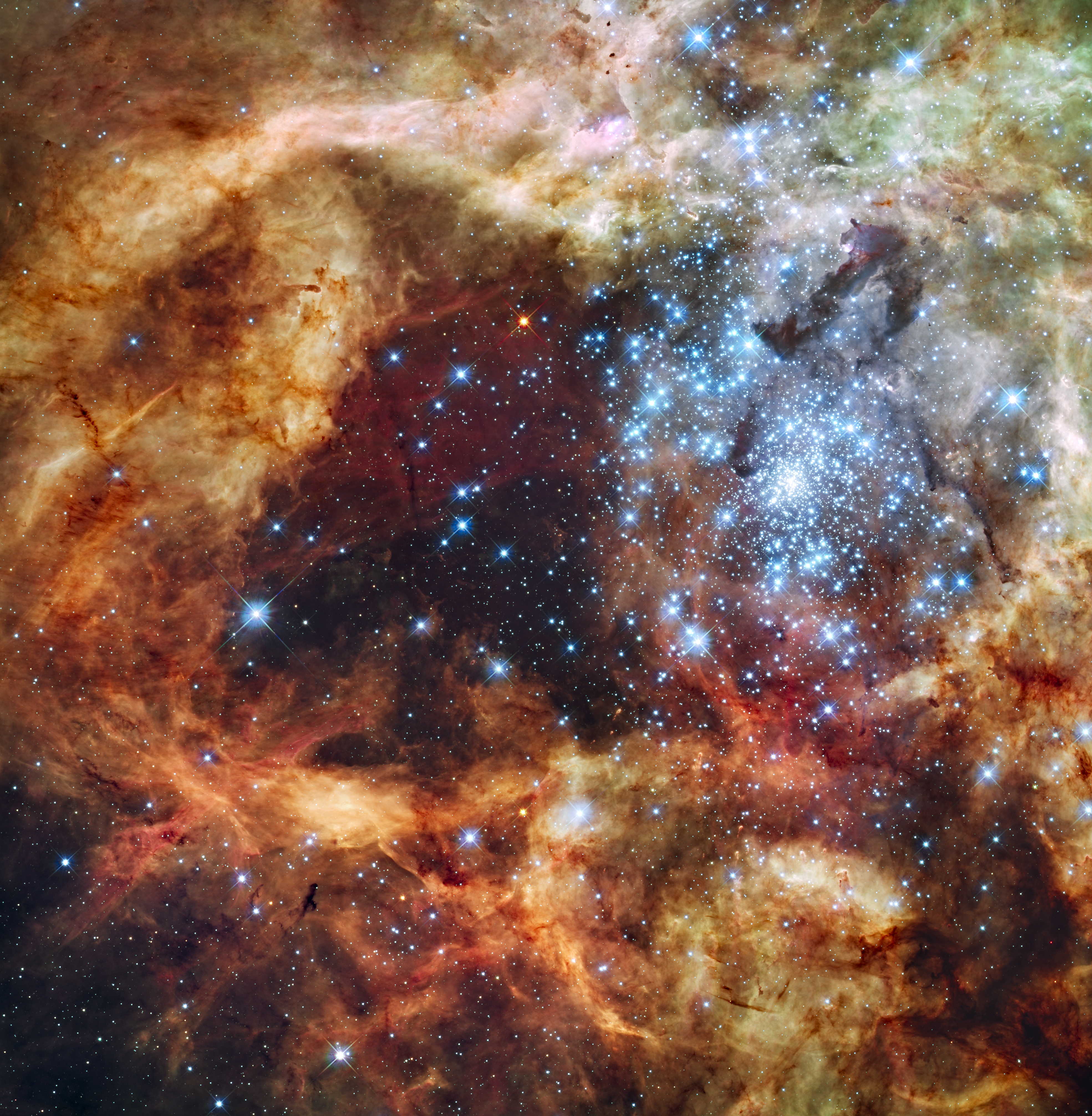Astronomy-1
Winter 2011

This course introduces the students to the basic concepts of modern astronomy. The main focus of the course will be on the scientific foundations of astronomy (physics and the scientific method), our understanding of the solar system, and the basic physical mechanisms at work in stars and galaxies.
LECTURES: MWF 12:00 - 12:50; BROIDA 1610
LECTURE
SCHEDULE
OFFICE HOURS AND CONTACT INFORMATION:
Prof: Tommaso Treu
|
MW
2:30 - 3:30
|
Broida 2015-F |
tt@physics.ucsb.edu
|
TA1: Bill Wolf
|
T: 11:00-12:30; W 2:00-3:30
|
PSR
|
wmwolf@physics.ucsb.edu
|
TA2: Sagar Joklegar
|
T 2:30-5:00; R: 1:30-2:00
|
PSR
|
sagarjoglekar@umail.ucsb.edu
|
Course Material:
Universe, 9th edition, by Freedman, Geller & Kaufmann
iClickers
Additional information can be found here
Grading:
25% homework (click here for a list of
homework assignments) and discussion sections attendance and participation
5% class participation (iClicker)
15% midterm-1
15% midterm-2
40% final
Grades will be assigned according to the following scheme:
Course Grade:
|
Minimum
Percentage:
|
A+
|
95%
|
A
|
90%
|
A-
|
85%
|
B+
|
80%
|
B
|
75%
|
B-
|
70%
|
C+
|
60%
|
C
|
55%
|
C-
|
50%
|
D
|
40%
|
F
|
<39%
|
Policies:
Attendance to lectures is recommended. Attendance to sections is required. Please note that there will not be early or
make-up exams. Calculators, lecture notes, and the text book
are permitted on the midterm and final exams. Additional material and
cell-phones are not allowed. Homework is assigned weekly, and due
on tuesdays. No late homework will be accepted. Read the pdf version of the syllabus for additional policies.ec
On the use of e-mail: e-mails to the professor should
contain the word Astro-1 in the subject. Please note that e-mails will
be answered as soon as possible, but we cannot guarantee answers in
less than 48 hours.
Reading assignments for each week can be found at the lecture
schedule. In order to get the most out of the lectures, you must read
each assignement before and after the lecture. The lectures will
highlight the main points of the subjects, not necessarily cover all
the topics in the readings. You are responsible for reading and
understanding all the topics presented in the readings.
ENROLLMENT AND CRASHING. If the class is full and you wish to be
considered for an add code, please get on the waitlist as soon as possible.
Add codes will distributed at the end of the second week, according to
availability, within the maximum enrollment limit. If you are on the
waitlist please make sure to attend sections and lectures during the
first and second week, otherwise you will be dropped from the
waitlist. If the waitlist is full, then the class is full and there
is no point in crashing the class.
Useful Astro Surf Sites:
| http://adsabs.harvard.edu |
Papers archive
|
| http://xxx.lanl.gov/archive/astro-ph |
Preprints archive
|
| http://physics.nist.gov |
Atomic Data |
| http://www.physics.ucsb.edu/~seminars/astro/ |
UCSB Astro Talks |
| http://www.stsci.edu/resources/ |
Hubble Space Telescope |
| http://chandra.harvard.edu/ |
Chandra X-Ray Observatory |
| http://www.astro.caltech.edu/mirror/keck/ |
Keck Observatory |
http://ssc.spitzer.caltech.edu/
|
Spitzer Space Telescope
|
.
